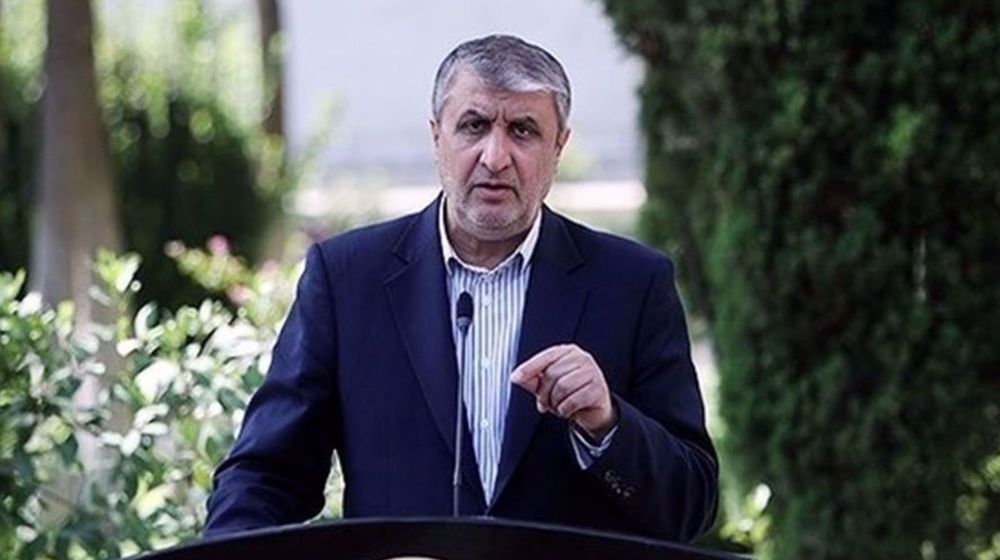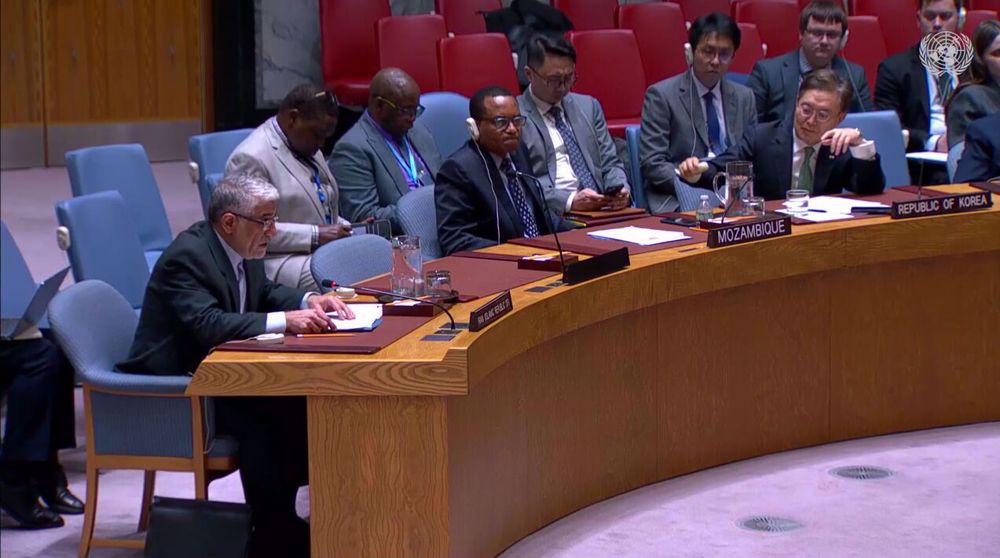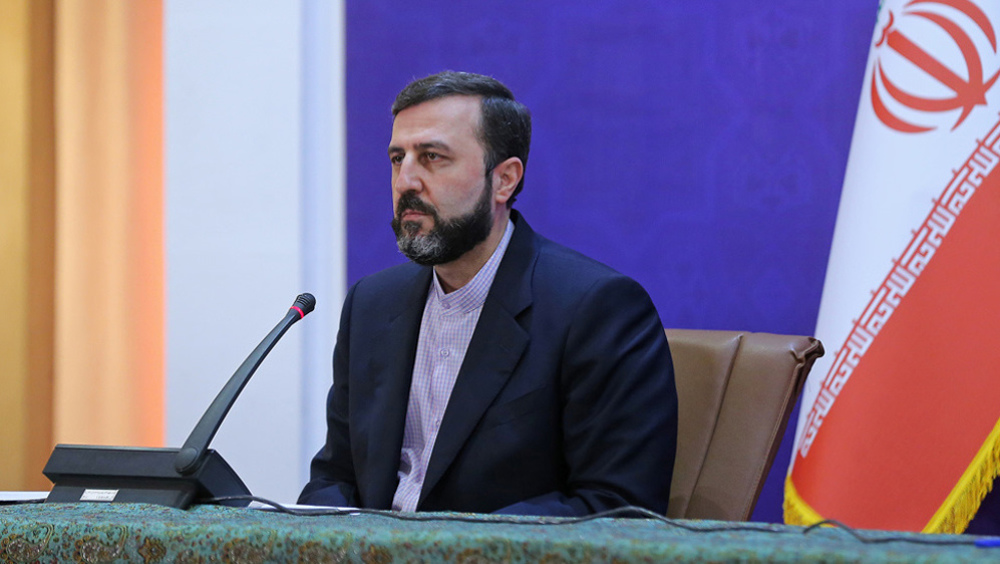Small failures in JCPOA implementation can create big issues: IAEA chief
The International Atomic Energy Agency (IAEA) says the implementation of last year’s landmark nuclear agreement between Iran and the P5+1 group of countries is still “fragile,” warning that small failures in the process can have grave consequences.
"The implementation of the agreement is still fragile," the IAEA Director General Yukiya Amano said in an interview with the German news agency DPA, which was published on Friday ahead of his planned visit to Germany.
“Small technical mistakes, small failures in implementation can become big political issues that could have a large negative influence on the agreement,” the head of the UN nuclear agency added.
Iran and the five permanent members of the United Nations Security Council – the United States, Britain, France, China and Russia – plus Germany reached the nuclear agreement, known as the Joint Comprehensive Plan of Action (JCOA), on July 14, 2015.
Under the JCPOA, which took effect in January, Iran undertook to put limitations on its nuclear program in exchange for the removal of nuclear-related bans imposed against Tehran.

The deal requires Iran’s storage of uranium enriched to up to 3.67 percent purity to stay below 300 kilograms. Tehran has also agreed to keep its heavy water stockpile below 130 metric tonnes.
Since January, the IAEA, which is tasked with overseeing the implementation of the JCPOA, has released regular reports confirming the peaceful nature of Iran’s nuclear activities and Tehran’s commitment to the agreement.
In an introductory statement to the agency’s Board of Governors in Vienna on September 19, Amano said Iran continues to implement its nuclear-related commitments under the JCPOA and added that the country has submitted its declarations under the Additional Protocol, which Tehran is applying provisionally, pending its entry into force.
In a quarterly report on Iran on September 8, the IAEA confirmed Iran’s commitment to the nuclear agreement, saying Tehran has not exceeded the limits set in the accord on its low-enriched uranium and heavy water stockpile.
However, months after the lifting of anti-Iran bans on paper, major foreign banks are wary of doing business with Iran, fearing they would violate restrictions on US banks and face penalties.
Tehran has criticized Washington and its allies for refusing to translate their words into action and assure the banks that they would not be punished for resuming ties with Iran.
VIDEO | 444 days of ethnic cleansing
VIDEO | Bethlehem's Christmas dimmed by war, restrictions
Israel admits assassinating Hamas leader, vows to inflict same fate on Yemeni fighters, people
VIDEO | Yemeni forces repel US-British attack, down F-18 Jet
Iran’s capabilities vast; enemy’s ‘maximum pressure’ policies all failed miserably: Senior official
Iran’s economy grew 2.7% y/y in Sep quarter: CBI
VIDEO | Freelancers in Gaza strive to stay online amid genocide
Mikati demands Israel's withdrawal from south Lebanon










 This makes it easy to access the Press TV website
This makes it easy to access the Press TV website